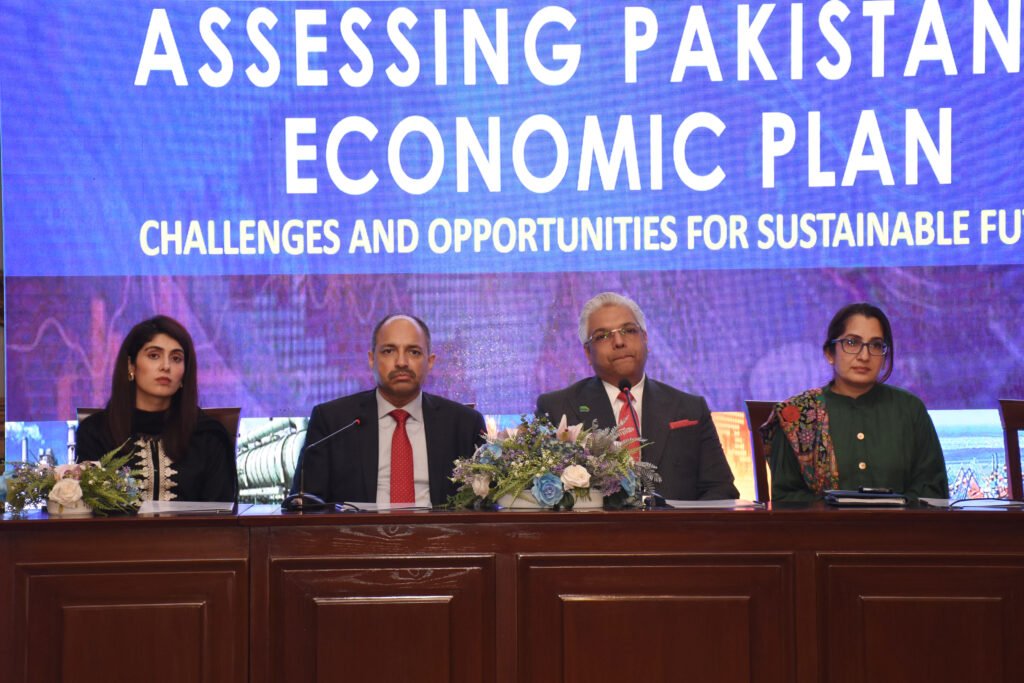
Seminar
Assessing Pakistan’s Economic Plan: Challenges and Opportunities for a Sustainable Future
Marred by economic crisis, Pakistan needs to repay approximately $22-30 billion in external debt in the year 2023. The current economic situation, characterised by surging electricity and fuel prices, depreciating exchange rate, soaring debt burden, widening fiscal and current account deficits, and political instability, has created an environment of uncertainty, thus making it difficult for businesses to plan for the future.
To pull back from this precipice permanently, Pakistan needs a paradigm shift in its economic strategy. Numerous frameworks are available to guide the country in overcoming its present economic challenges. Regardless of the specific roadmap or plan chosen, the key to rescuing Pakistan from its current economic crisis lies in addressing the structural issues within its economy. Achieving a comprehensive economic transformation is essential, and this requires a multifaceted approach involving several measures, such as tax reforms, fiscal discipline, policies to ensure debt sustainability, reforming the monetary and foreign exchange system, and ensuring the viability of state-owned enterprises, among others.
The solution must be centred on specific policies and administrative measures to fix the economy in a sustainable and viable way for the future. However, a grounded solution means administering an extremely bitter pill. The abysmal policies of successive governments and their complacency with kicking the can down to the road have brought the state to a dead end. As in the past, peer pressure problems encaptivated political governments from developing a business plan. However, in the present situation, hard choices are now linked with survival.
Considering the vulnerable economic situation, coupled with a scarcity of foreign exchange reserves, Pakistan needs to repay around US$25 billion annually, on average, for the next three years. Under this abysmal situation, the sustainable management of loss-making State-Owned Enterprises (SOEs) without further burdening the already widening fiscal deficit is a significant challenge. Privatisation of such SOEs might be an option, as it serves two purposes: raising foreign exchange and reducing the budgetary burden of supporting poorly performing, loss-making SOEs. However, the privatisation of SOEs comes with severe political repercussions for the government, creating a situation where political representatives must decide whether to wait for Godot or take the silver bullet. Any solution for economic recovery must be based on cold calculations driven by a cost and benefit analysis. The economic recovery plan should focus on the structural issues rather than harbouring the illusion of vast and untapped resources or that Pakistan’s friends would keep it afloat.
Keeping these considerations in view, the seminar titled, “Assessing Pakistan’s Economic Plan: Challenges and Opportunities for a Sustainable Future” was held to delve deeply into the convoluted economic landscape of Pakistan to rethink its economic strategy. The overarching objective was to gain insights through interaction with academicians and industry experts to explore pathways for sustainable and resilient economic recovery.
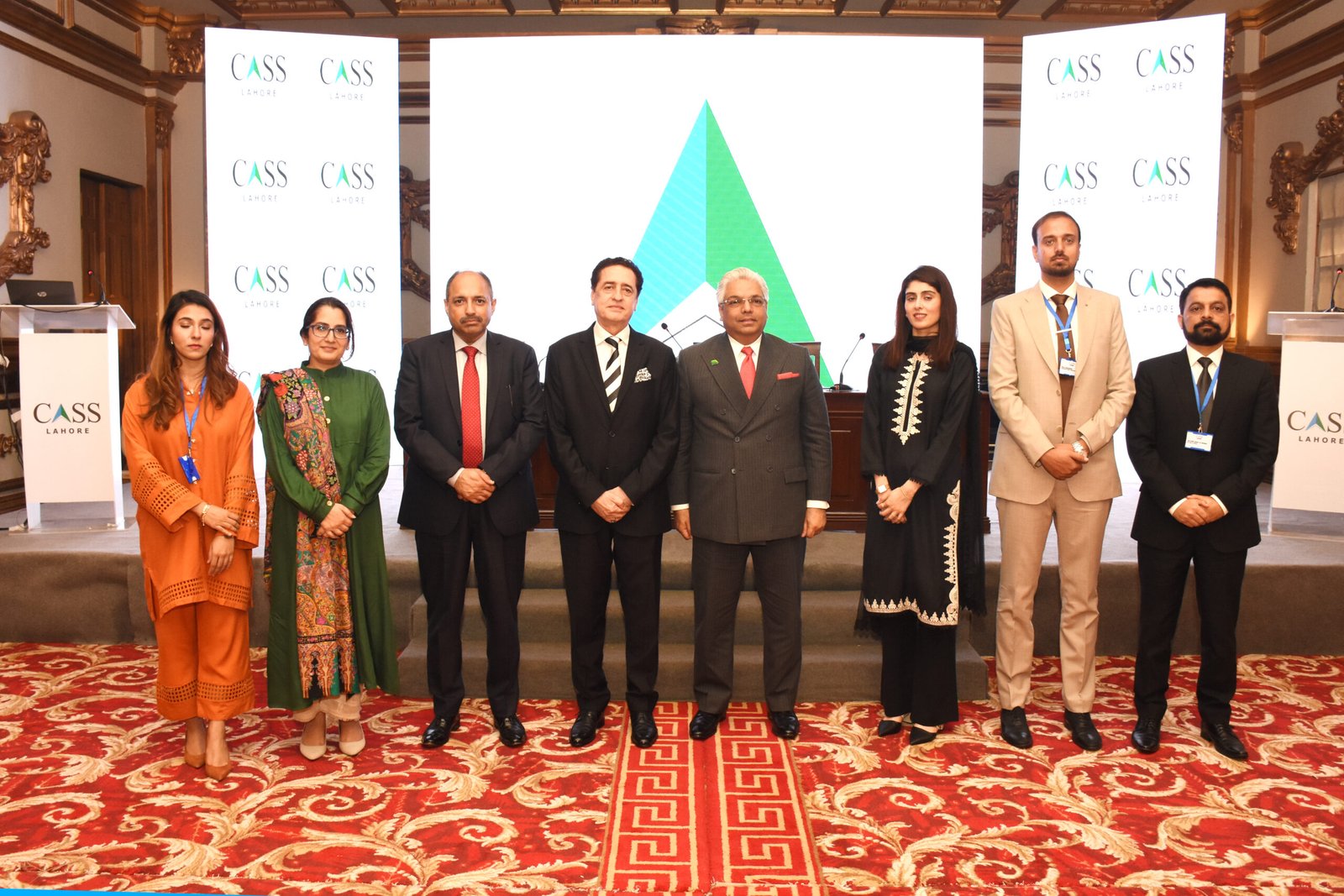
Key Takeaways
Pakistan’s economic revival depends on aggressive resource mobilisation, expenditure rationalisation, and strategic structural reforms to address inefficiencies in governance, particularly post-18th Amendment. The country’s excessive reliance on international loans and rent-seeking behaviour undermines its economic sovereignty, while a fair taxation system, privatisation, and youth-oriented employment programmes are crucial for sustainable growth. Strengthening the bureaucracy, ensuring data-driven reforms, and prioritising national interests over political narratives are essential steps for long-term economic stability.
Policy Considerations
To achieve sustainable and equitable growth, Pakistan must adopt state-centric reforms and focus on inclusive, poverty-oriented strategies, while ensuring military self-sufficiency in the budget. Embracing technology, diversifying the economy through fintech, and improving revenue collection through a fair taxation system are essential for long-term stability. Furthermore, fostering collaboration between academia, industries, and policymakers is crucial to reduce external influences and strengthen economic resilience.
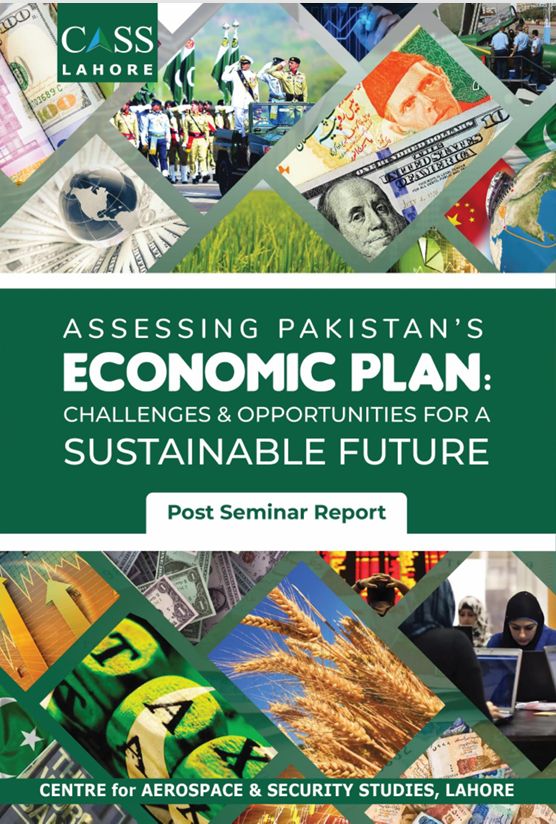
Post Event Report
A comprehensive overview featuring key insights, expert discussions, and strategic takeaways from the event.
Explore speaker highlights, recommendations, media coverage, and event photographs.
Guest Speakers
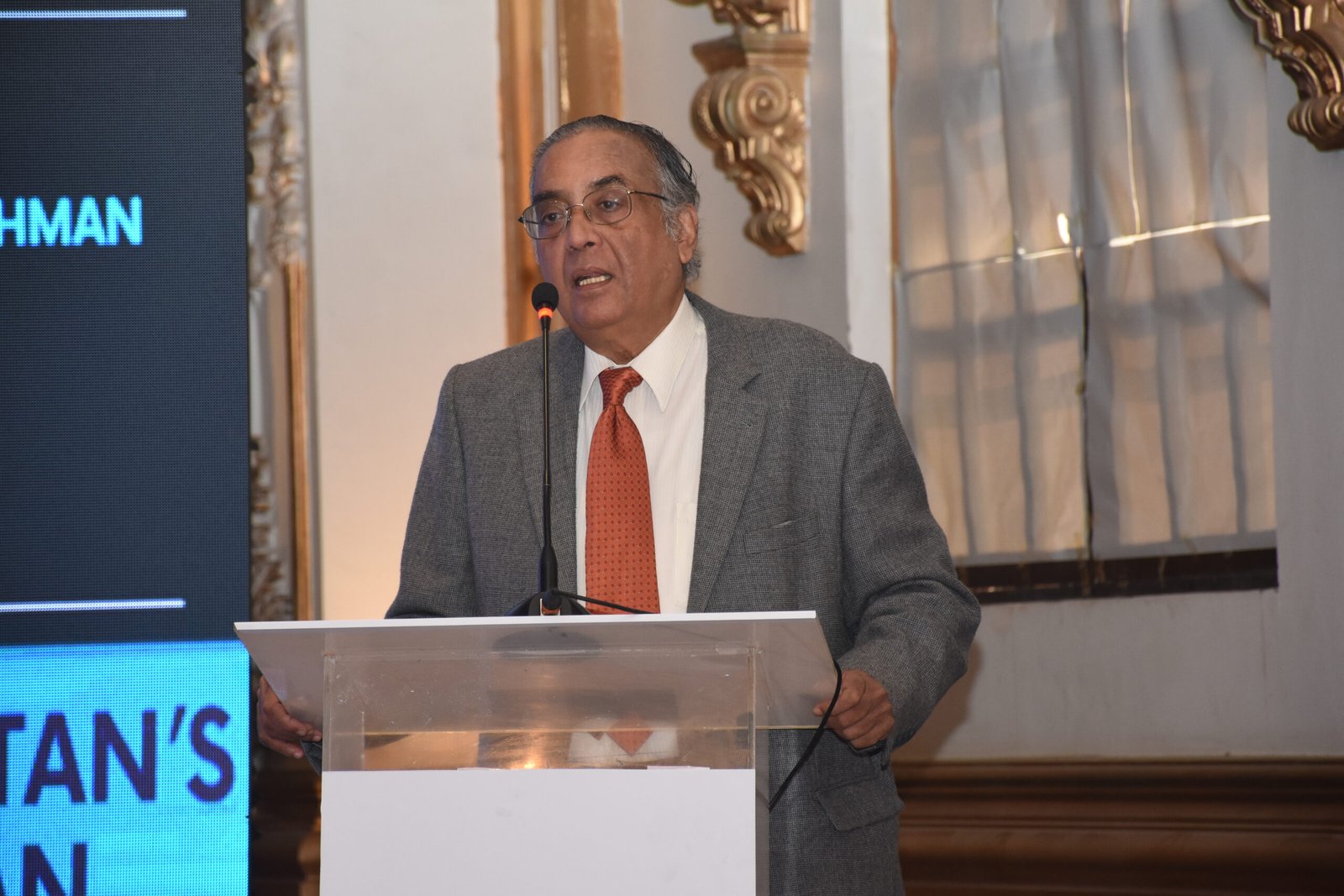
Dr Hafiz A Pasha
Economist/ Former Minister/ Dean BNU
Dr Mumtaz Anwar Chaudhry
Dean FBEA, Punjab University
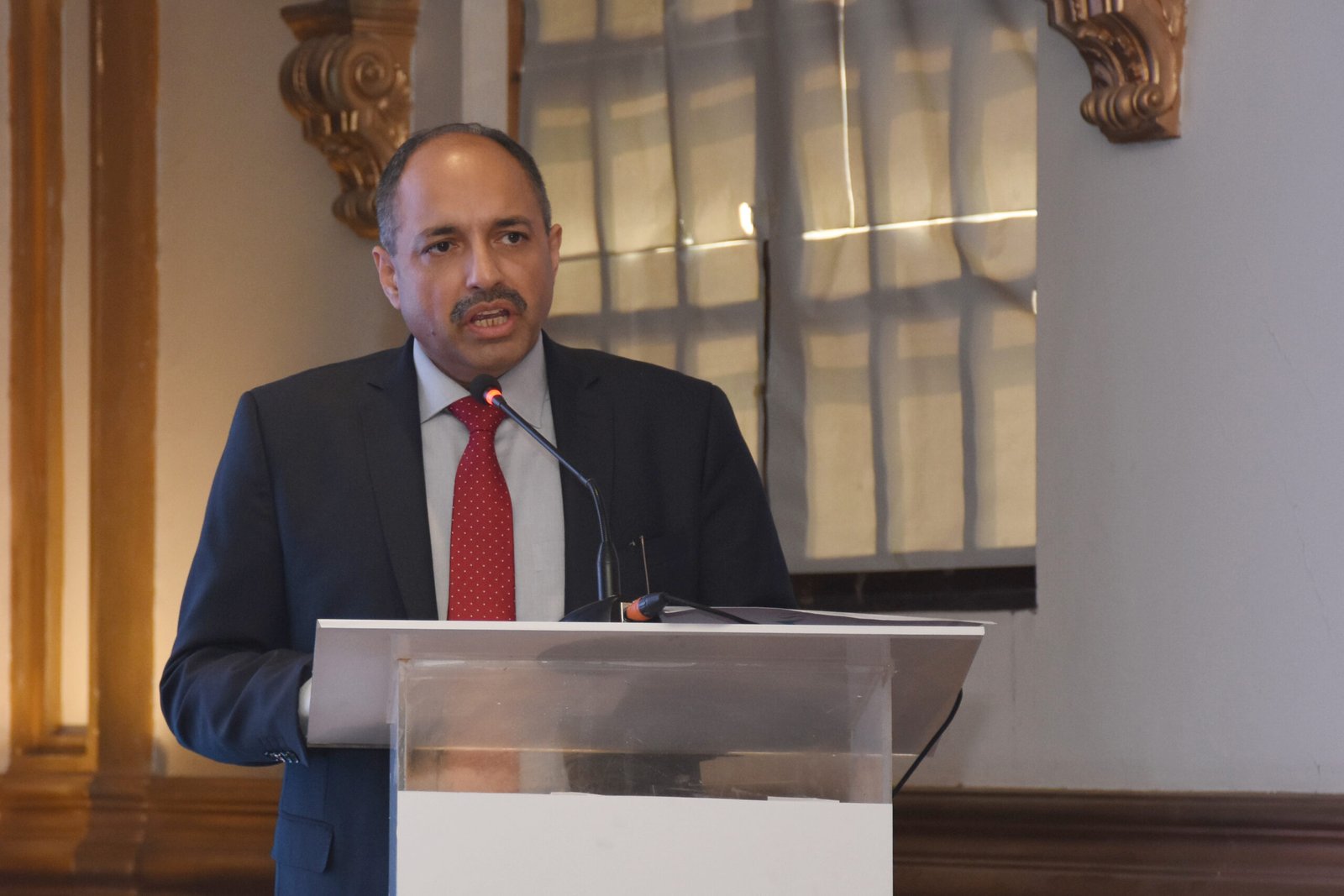
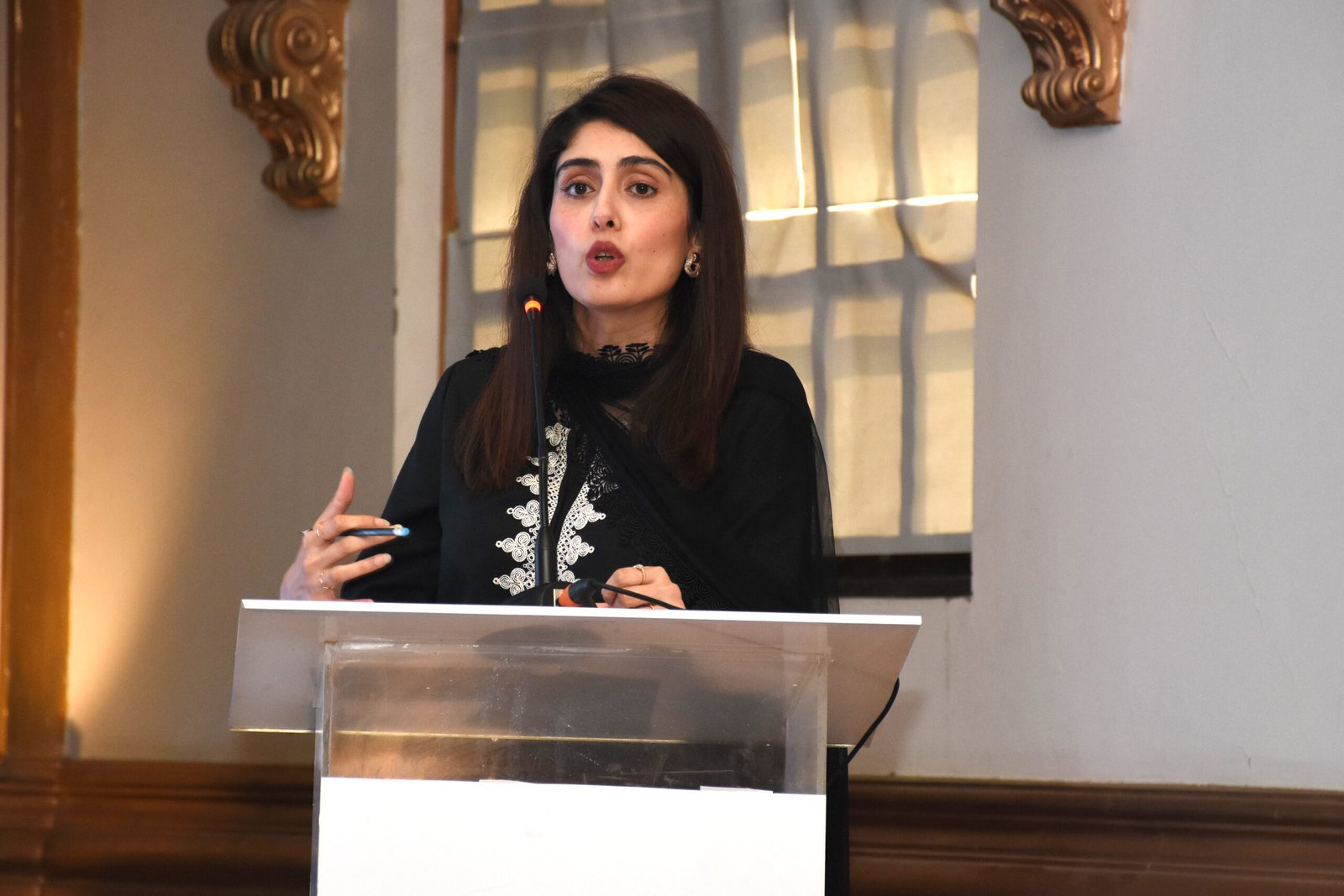
Dr Abiha Zahra
Assistant Professor, ITU
Mr Nadir Salar Qureshi
Chief Investment Officer, Engro Corporation
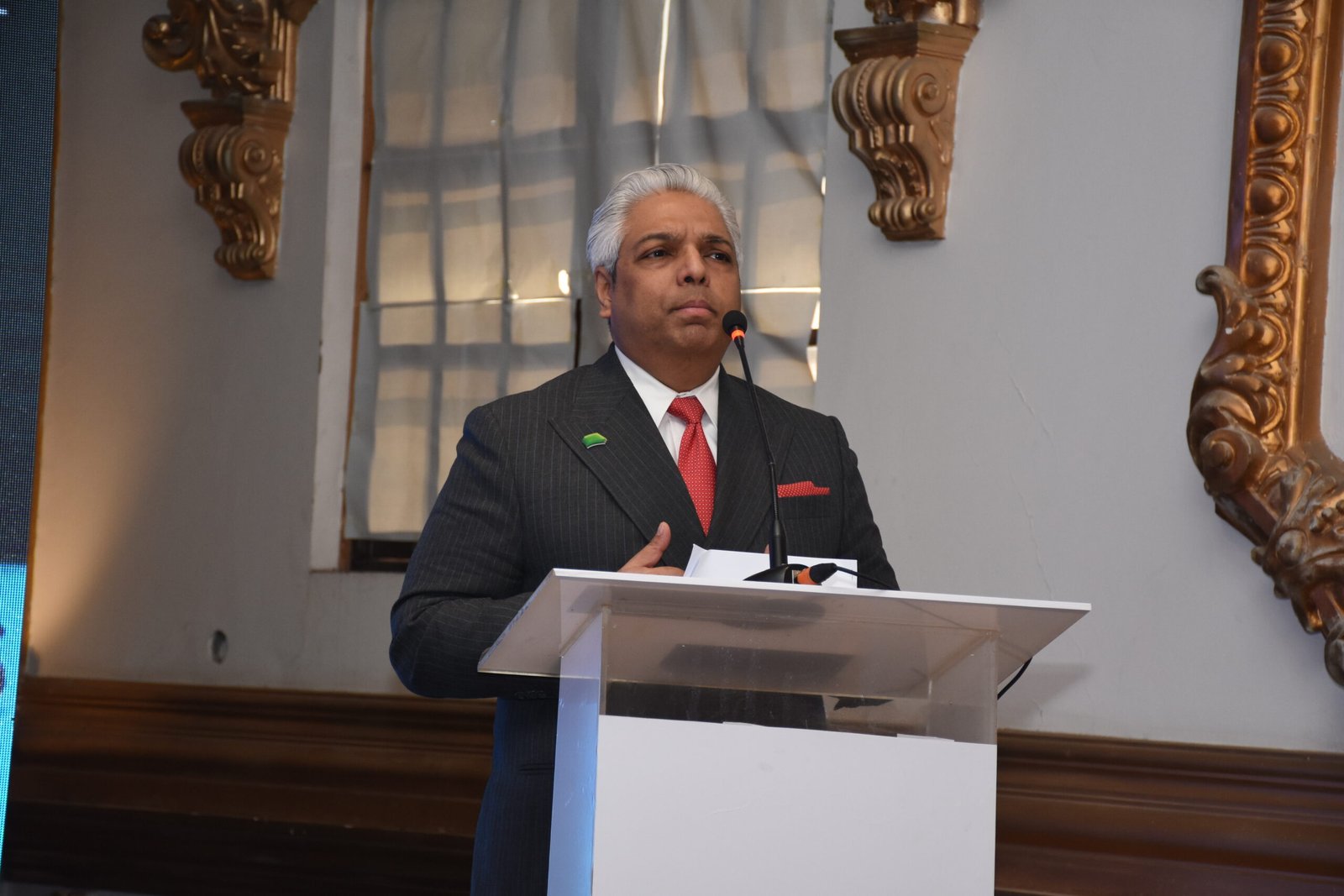
CASS Speakers
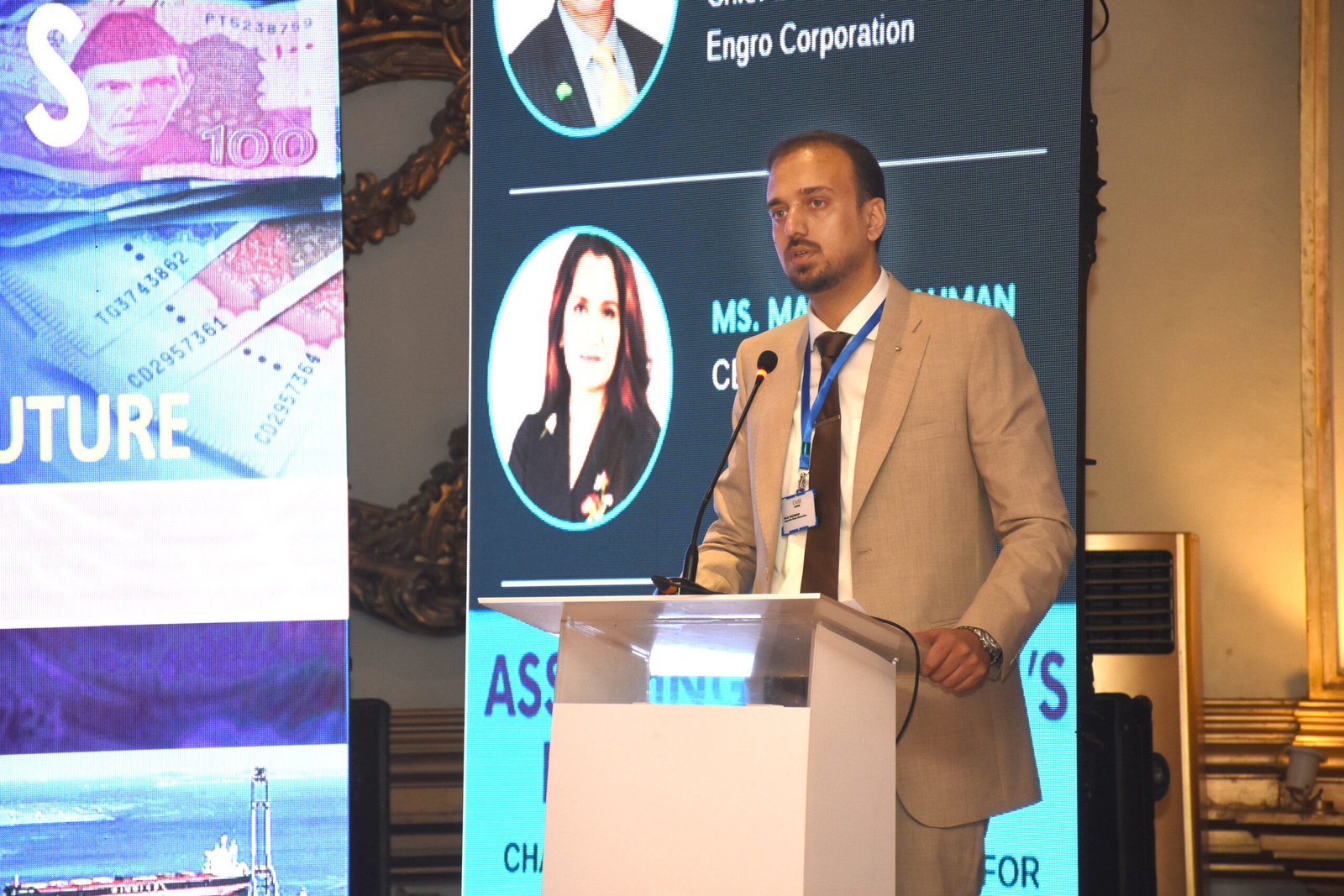
Bilal Ghazanfar
Associate Senior Researcher, CASS Lahore

Air Marshal Asim Suleiman (Retd)
President, CASS Lahore
Master of the Ceremony
Researcher, CASS Lahore
Rameen Shahid

CASS LAhore

The Centre for Aerospace & Security Studies (CASS) was established in July 2021 to inform policymakers and the public about issues related to aerospace and security from an independent, non-partisan and future-centric analytical lens.


